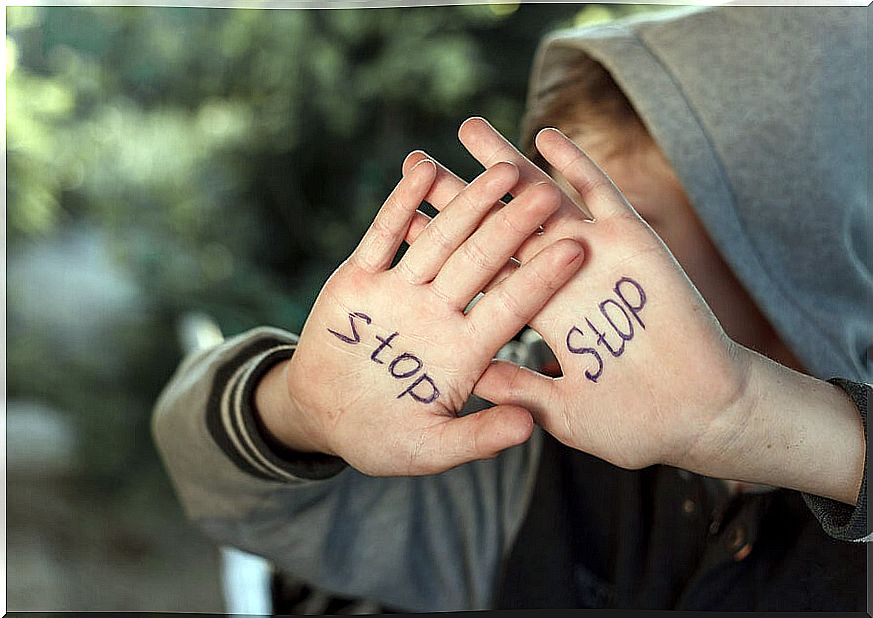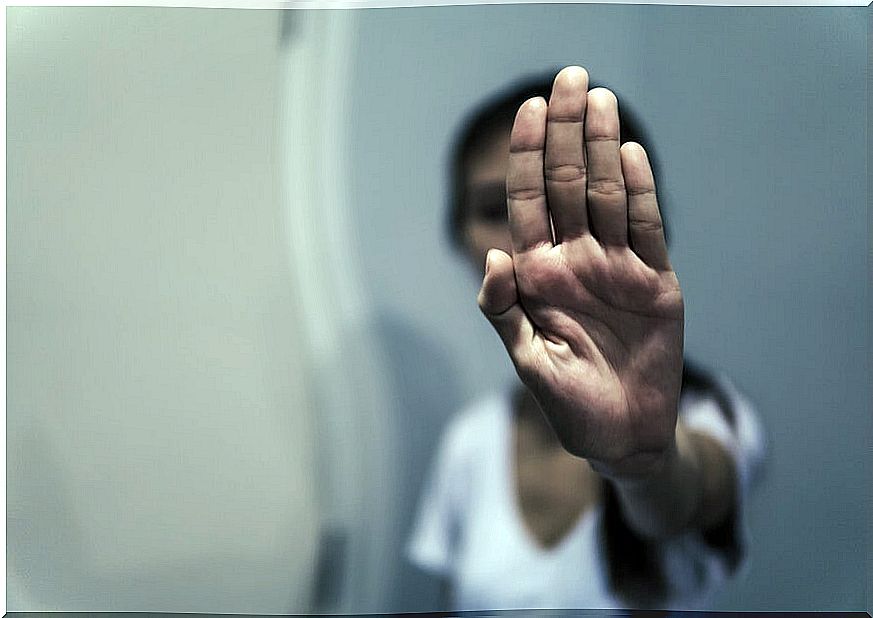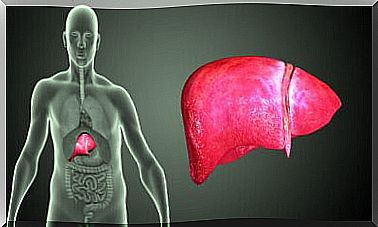Emotional Abuse: Short-term And Long-term Effects
Emotional abuse is a type of abuse and assault. In addition, it can have very harmful consequences for the personality of the abused person: from depression to suicidal ideas. Therefore, this type of abuse should be reported in the same way as physical abuse.

Perhaps, at first glance, the emotional abuse is not as obvious as the physical one. However, its sequelae exist and persist as long or even longer than those of physical violence. And yet, many find it difficult to classify it as a form of abuse, mistreatment or violence.
Emotional abuse
As the name suggests, emotional abuse is a form of abuse that one person exerts on another. Among its forms, it is usually characterized by:
- Attitudes, actions and words in order to humiliate or devalue the other.
- Abuse.
- Disapproval.
- Isolate the other person.
- Disqualifications.
Thus, as well as the physical, emotional abuse is a type of violence and mistreatment. In this sense, it is an attack on another person, generally verbal, in which the abuser uses hurtful expressions with the aim of humiliating, disapproving or devaluing the abused person.
In addition, since it is not so obvious, it tends to take a long time, so that the victim ends up with a really low self-esteem and a bad personal image that can even lead him to believe that the abuser is right in his statements.
Psychological abuse has no preferences. Indeed, it can occur among children, youth, adults or the elderly. Likewise, there is no single area in which it can occur, so it can occur in the family, between friends, in the partner, at work, etc.
On the other hand, we must bear in mind that there may be witnesses to this type of abuse. Thus, for example, children may witness incidents at home or with other co-workers when a boss disapproves of his employee in a humiliating way. In this sense, the emotional health of the witnesses can also be affected.
Effects of emotional abuse

The consequences of prolonged emotional abuse are, in many cases, invisible. For this reason, it is very difficult to detect them, even by the person who is abused.
Low self-esteem
Low self-esteem can be one of the causes of abuse, but also one of its consequences. In other words, low self-esteem can be a factor that encourages the abuser to start his abuse and, at the same time, through abuse, he will be able to limit the self-esteem of the abused person.
Indeed, the weakness of the victim is one of the things that attracts abusers, so that they will attack precisely where it hurts the most. The abuser will constantly repeat that the victim is useless, humiliating and raving her. In turn, the victim will believe it, enlarging the bond of dependency.
Stress and anxiety
People who suffer emotional abuse have high levels of stress and anxiety. This is mainly because they are not able to see what is really happening. In fact, many times they are not aware that they are being abused and that the abuser’s behavior is not normal or acceptable.
Guilty feeling
As we have indicated previously, the victim presents low levels of self-esteem and personal value, increased by the aggressions of the abuser. For this reason, on many occasions, she may even blame herself for the abuse. That is, you can justify the abuse by saying that you are to blame.
In this sense, the abuser – especially in couple relationships – manages to promote this feeling of guilt in the victim, which is known as emotional blackmail.
Other effects

There are cases of abuse in which the effects can be even more critical than those mentioned above. Among them, we highlight:
- Depression. Consequence of prolonged abuse and lack of self-esteem.
- Suicidal ideation. This is an extreme case but, unfortunately, it exists. Let us remember the case of some adolescents who suffered bullying or bullying .
- Drug or alcohol abuse. Indeed, the use of these substances can help victims to escape from reality and cope with emotional abuse, refusing to see reality.
- Aggressiveness. Rage and pent-up anger can lead to an aggressive personality. Especially in children, it can become a serious problem in adolescence and adulthood.
- Difficulty maintaining relationships with other people. Abuse, low self-esteem and lack of confidence can lead the abused to be unable to maintain healthy interpersonal relationships, preferring emotional ostracism.
For all these reasons, emotional abuse should be considered as harmful a type of aggression as physical abuse. It is necessary to set limits and stay away from abusive relationships or people, reporting the situation as soon as possible.
In the case of children and adolescents, it also involves active participation and the ability of their parents or guardians to detect the signs in order to prevent worse consequences.
Indeed, if physical abuse should be reported, emotional abuse should as well. From there, a process and therapy must be started to help the victim regain self-esteem and self-confidence.









